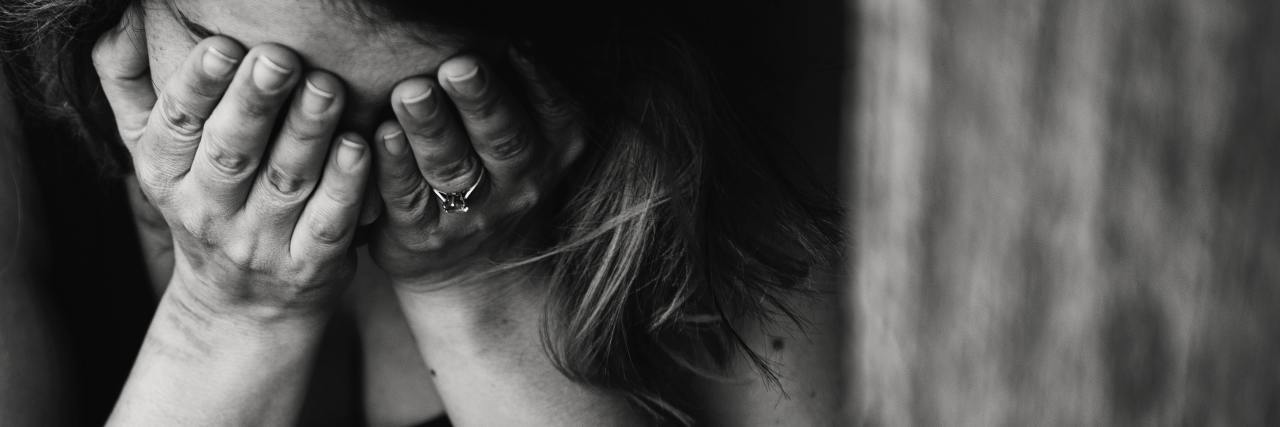Self-care is a big part of anyone’s life if they have a chronic illness. This is a natural thing – everyone’s heard the phrase “you can’t pour from an empty cup,” right? But what happens when filling up your cup means missing out on things? Or not being able to do the things you feel you need to do? Or the things you’re “supposed” to be able to do?
• What is Ehlers-Danlos Syndrome?
• What Are Common Ehlers-Danlos Syndrome Symptoms?
I’ve been feeling that lately.
I have a 17-week-old daughter, and I love her more than anything – she truly is a miracle child. In her short life, she’s dealt with a dangerous delivery, and a life-threatening condition which needed surgery. Because she’s so little, she takes it all in her stride, and it helps me to put things into perspective a little, seeing her deal with it all.
And it makes me feel selfish.
I feel selfish when chronic fatigue strikes, and I have to go to sleep at night, leaving my poor husband to wake up several times a night, for weeks on end.
I feel selfish when my shoulder subluxes or dislocates part way through a feed, and I have to put my daughter down when she’s crying, to try and find her dad to feed her.
I feel selfish when I can’t take her outside because my joints are acting up again, or my MCAD is flaring and the world outside the house is like a death trap.
I feel selfish for knowing there’s a 50 percent chance of passing EDS onto my daughter. She doesn’t deserve that.
Through it all, I’ve learned a lot recently through feeling so rubbish all the time.
1. Just because I feel like I’m being selfish, it doesn’t mean I am.
What I might interpret as being selfish, others may see as common sense. If in doubt, ask someone. While that might sound silly, it can save a lot of heartache and confusion. The people who know me well enough to know what’s going on know I’m not being intentionally selfish, and that’s what matters.
2. Selfishness excludes other people, self-care is the opposite.
While I may feel guilty or selfish sometimes for looking after myself and asking others for help, it is never done with the aim to palm the workload off to someone else. It is never done to avoid spending time with people, because spending time with people is my favorite pastime. I may have to ask for help more often than others, but that’s OK.
3. Knowing the difference between self-care and selfishness is a good example to set.
I want my daughter to grow up strong, knowing that looking after herself is important, as it enables her to help others. That self-care breeds self-confidence, and all I want for her is to have a happy life.
I may feel selfish sometimes, but I didn’t choose this illness. I have to do the best with the hand I was dealt. It may not be what I would choose, but I refuse to let it make me feel selfish or worthless. I refuse to let it break me.

